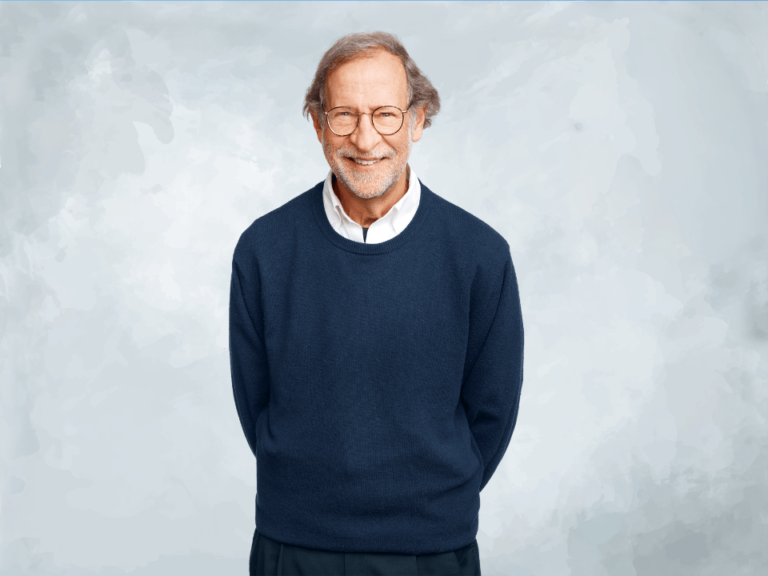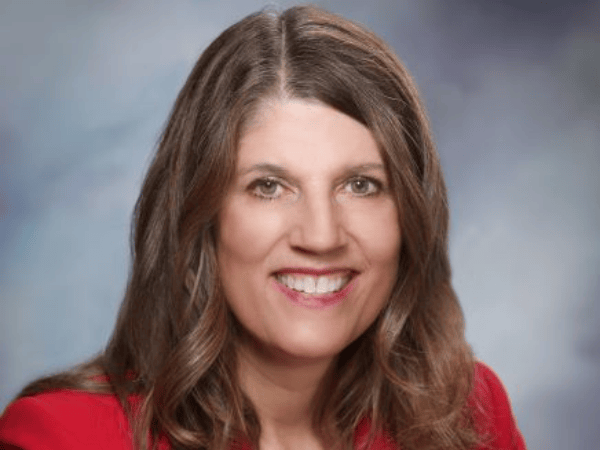City of Hope received nearly $7 million from the Patient-Centered Outcomes Research Institute to study how physical activity affects older adults undergoing lung cancer surgery.
The funding was awarded to Dan Raz, co-director of City of Hope’s Lung Cancer and Thoracic Oncology Program and an associate professor in the Division of Thoracic Surgery, and Virginia Sun, associate professor in the departments of Population Sciences and Surgery.
“Although we have made a lot of progress to improve recovery from lung cancer surgery with minimally invasive techniques, lung surgery can still be difficult to recover from, particularly for some older adults,” Raz said in a statement. “This study tests a personalized walking and lower extremity strengthening program that is delivered by telephone before and after surgery. Family caregivers are also empowered to motivate and walk with their loved ones undergoing lung surgery as part of this intervention. We think this will help older adults recover more quickly and become more active even after the study is over.”
The five-year, multi-center, randomized trial through the SWOG Cancer Research Network will test which strategy is best for improving surgical recovery care for this older population.
Previous studies of physical activity before and after lung surgery have focused largely on one size fits all interventions. This study tests a personalized intervention to improve recovery for older adults with lung cancer.
The study, “Perioperative Physical Activity in Older Adults Undergoing Lung Cancer Surgery,” is part of PCORI’s Healthy Aging: Optimizing Physical and Mental Functioning Across the Continuum initiative.









